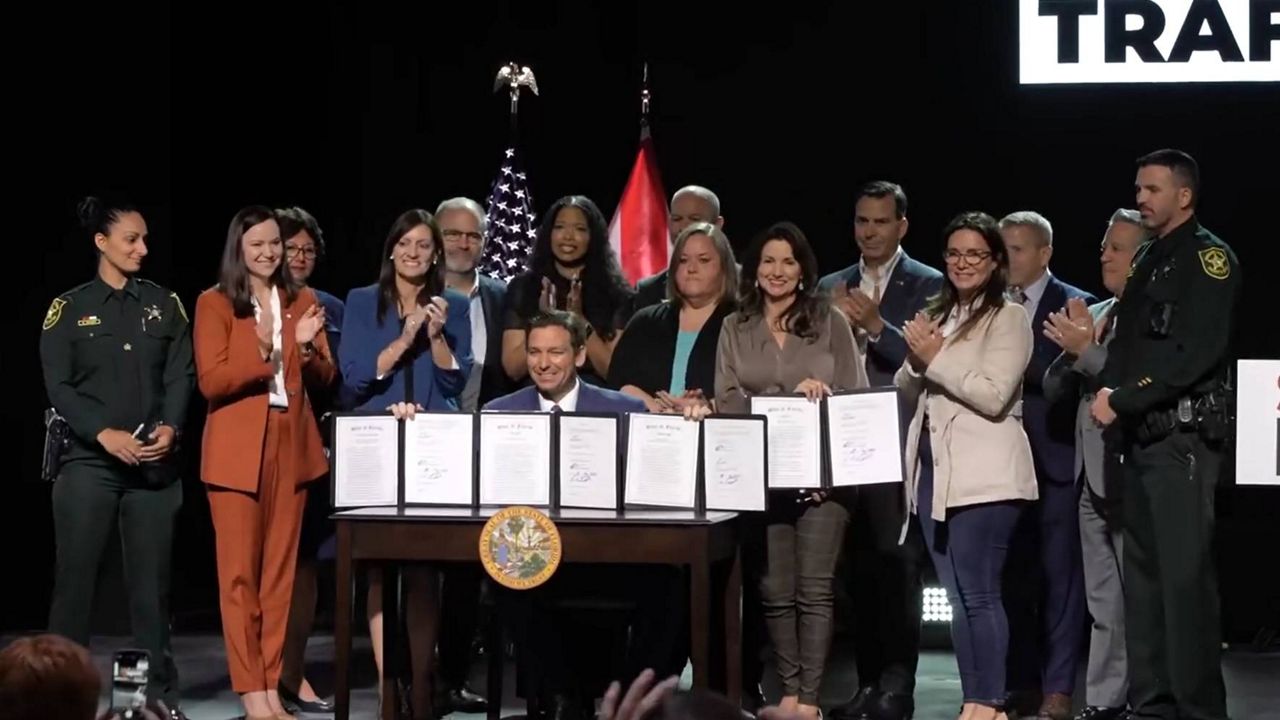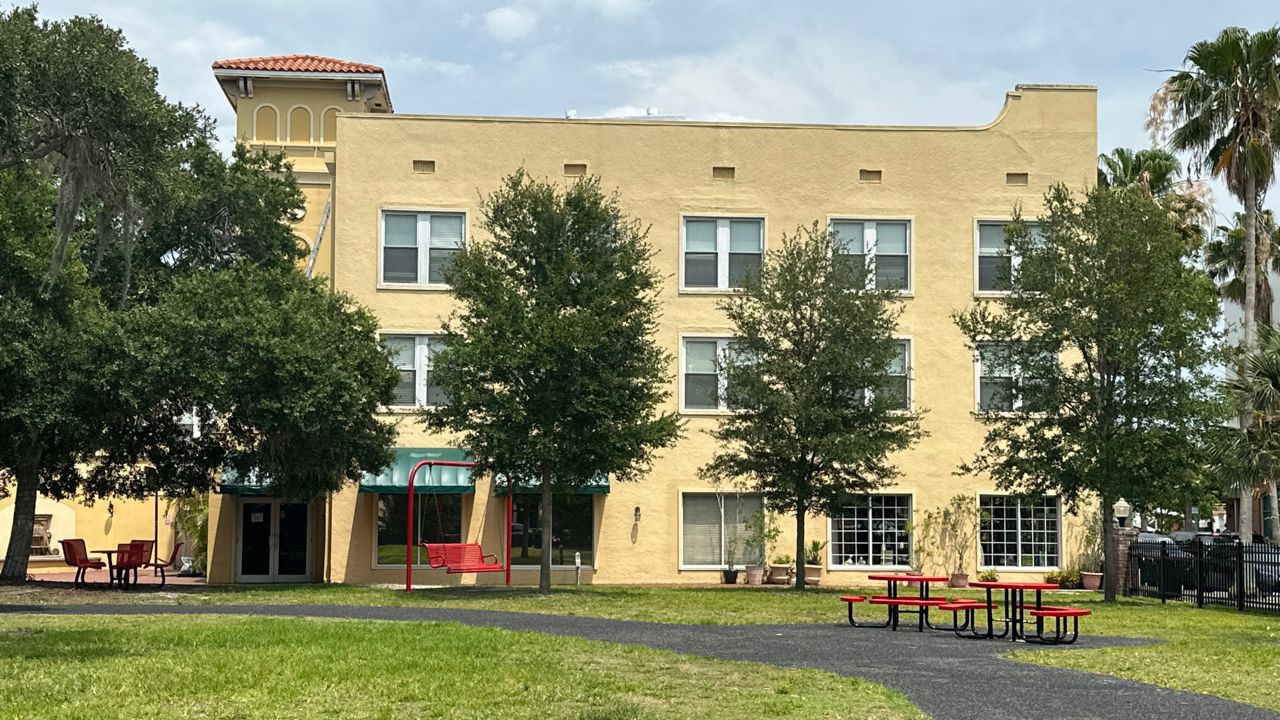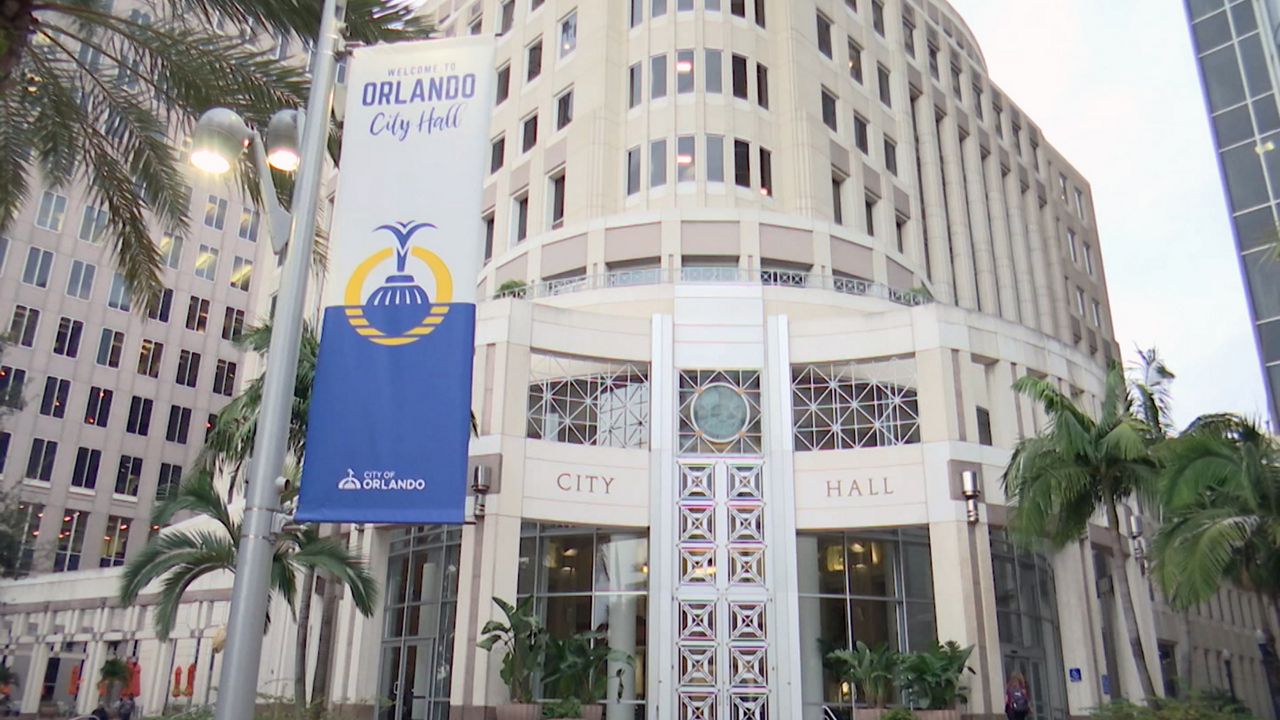TALLAHASSEE, Fla. — In an opinion Thursday, the Florida Supreme Court ruled that members of law enforcement who would previously have been able to hide their identities using Marsy's Law will no longer have that option.
The court did not stop there, though, further expanding the decision to cover all crime victims — saying that language in the amendment to Florida's Constitution that was approved by voters in 2018 does not specifically allow a person's identity to be kept secret.
The court's decision was 6-0, with Justice Meredith Sasso not participating.
What You Need To Know
- The Florida Supreme Court ruled Thursday that police officers and victims of crime cannot use Marsy's Law to shield their names from the public
- The 6-0 ruling, with one justice not participating, found that the language of the amendment to Florida's Constitution passed by voters in 2018, does not specifically allow a person's identity to be kept secret
- At least one lawmaker has said he plans to revisit Marsy's Law in the upcoming Legislative Session, but any action taken by lawmakers would require voter approval of at least 60%
Approved on Nov. 6, in 2018, the amendment — also known as Marsy’s Law — preserved a specific set of rights and protections for crime victims.
The section of Marsy's Law in question is in Article 1, Section 16 of the Florida Constitution and says individuals covered by the legislation have: "The right to prevent the disclosure of information or records that could be used to locate or harass the victim or the victim’s family, or which could disclose confidential or privileged information of the victim."
Since its passage, many have interpreted the language of Marsy's Law to include an individual's name, but in 2020, after two separate, yet fatal, police shootings involving the Tallahassee Police Department, the city of Tallahassee decided to release the officers' names after receiving open records requests from the media.
"The officers, however, asserted that they qualified for Marsy’s Law protections because they were victims of the assaults from which they had defended themselves. And as Marsy’s Law victims, the officers argued, they were entitled to prevent the release of their personal identifying information, including their names," Thursday's opinion noted. "The city was not swayed."
The Florida Police Benevolent Association filed a lawsuit seeking to prevent the officers' names from being released, starting a nearly three-year court case that ended with Thursday's ruling.
In its opinion, the Florida Supreme Court looked specifically at the language used in the amendment, saying "we begin, and for good reason often end, with (the state Constitution's) words."
Examining the words' "plain, usual, ordinary, and commonly accepted meanings at the time they were written," the court's opinion said that the words "locate" and "identify" have accepted definitions that prevent them from being used interchangeably.
"Protecting crime victims from being located — as opposed to identified — is a meaningful distinction, for exposure of a crime victim’s location creates a threat of physical danger that exposure of his or her name alone does not generally pose," the court said in its opinion.
The court also argued that allowing victims of crimes to remain anonymous in perpetuity would likely violate the U.S. Constitution's "Confrontation Clause" — which, in almost all circumstances, "guarantees a criminal defendant the right to physically confront accusers."
Ultimately, the court ruled that "Marsy’s Law guarantees to no victim — police officer or otherwise — the categorical right to withhold his or her name from disclosure."
The court's decision does not affect other circumstances under Florida law that allow individuals to remain anonymous in court proceedings.
State Rep. Danny Alvarez, who is a TPBA member, said he was disappointed in Thursday's ruling.
“After 2020, we saw police get attacked, and the attacks were personalized,” he said. “Folks went after police families. They went to their homes. They started doing research on them, trying to figure out how to harass and attack them individually.”
Marsy’s Law is named for Marsalee Nicholas of California, who was killed in 1983 by her ex-boyfriend.
Shortly after the murder, Nicholas’ surviving family, who were unaware that he had been released on bail, were confronted by the ex-boyfriend while shopping in a grocery store.
Among other things, Marsy’s Law requires the state to notify victims if the charged or accused is released, and requires notification of sentencing, parole or pardons, and other actions.
“With this ruling, the Florida Supreme Court has removed a right which Florida crime victims have been using for nearly five years and have been relying on this protection for their own safety,” said Marsy's Law for Florida spokesperson Jennifer Fennell.
Lui Damiani, executive director of the Victim Service Center of Central Florida, said he was worried that he Florida Supreme Court's ruling could have a real impact on a victim's wellbeing.
“It’s a big deal," he said. "Google somebody’s name — Google my name — it’s very easy to find identifying information on people these days. Information travels so lightning quick. And that was the whole point of Marsy’s law to start with — trying to afford some protection so that perpetrators can’t hunt somebody down and ruthlessly hurt them. So yeah, I think it’s very dangerous."
Despite what will now be available to the public, Damiani said anyone who comes to the Victim Service Center will not be identified in any way.
“We need to be clear to people — if and when you need help, go get that help, victim service providers today are going to protect your confidentiality with vigor," he said.
Like Damiani, David Haas, a former federal prosecutor, said he believed the Florida Legislature would likely address the issue in the upcoming Legislative Session, which begins on Jan. 9.
“I think you’ll see the legislature come back and add some clarity and some language that’ll specify how law enforcement is to be treated in an officer-related shooting, or if they’re deemed victim of a crime,” he said.
Because Marsy's Law is part of the Florida Constitution, though, any changes proposed by the Legislature would have to be approved by 60% of state voters.
Spectrum News reporters Jason Delgado and Jeff Allen contributed to this story.









